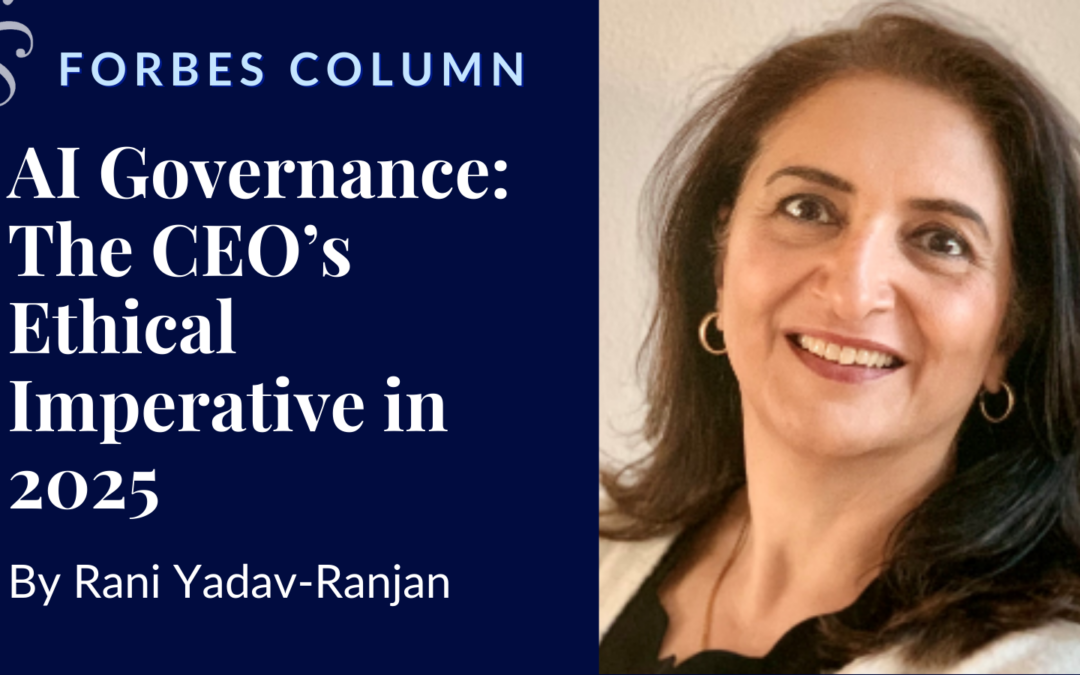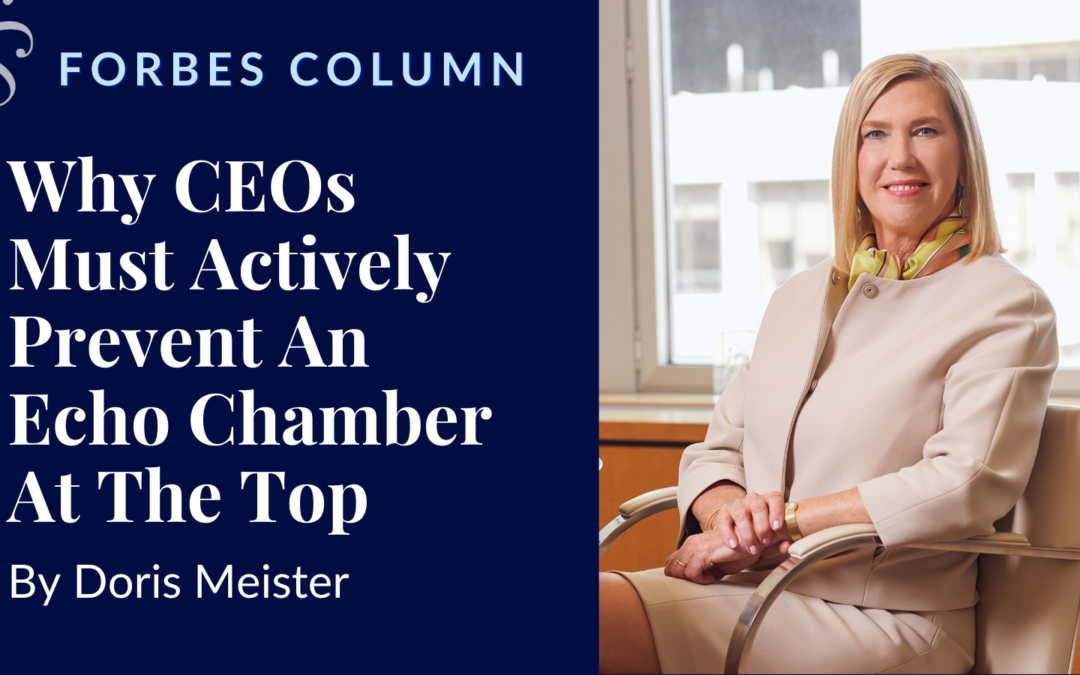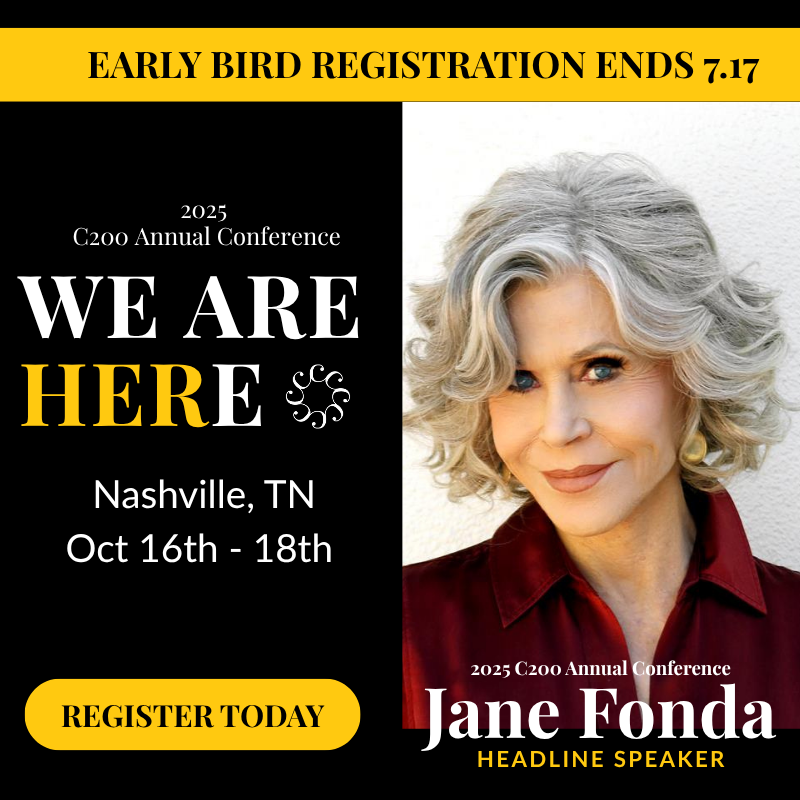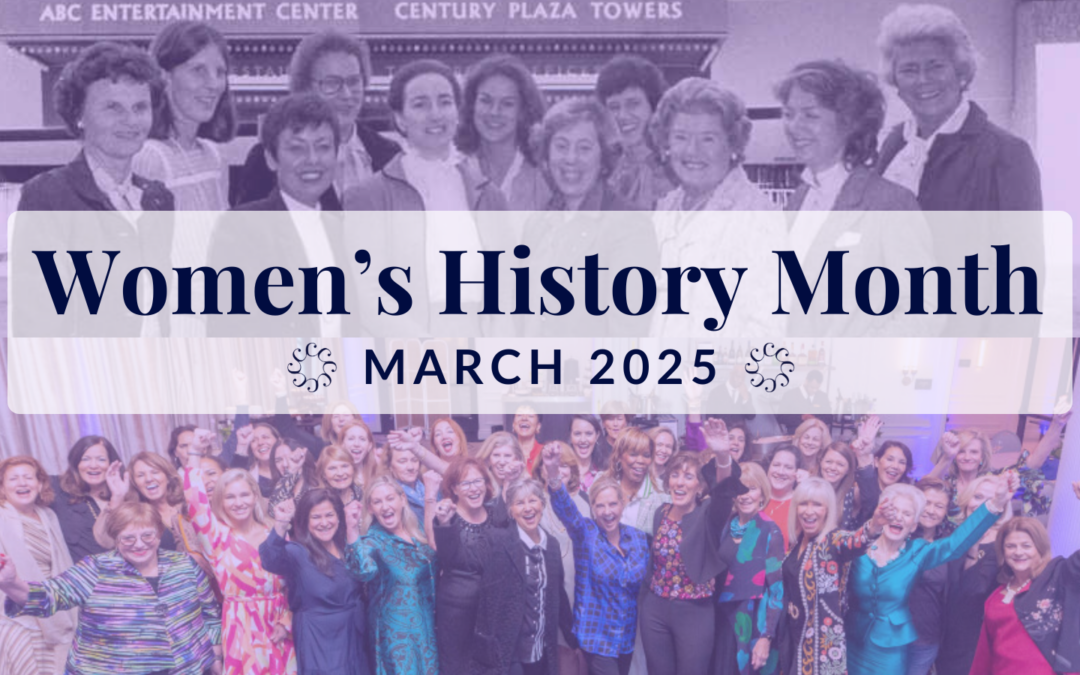
by Eva Glassman | Mar 1, 2025 | Blog, Featured
This year, Women’s History Month arrives at a pivotal time for women’s equality worldwide.
While women have never held as much collective wealth and spending power as they do today, women are still severely underrepresented in the C-Suite, and the current business landscape is endangering the future of women’s ability to pursue wealth and happiness on their own terms. This is leaving women with fewer, independent options for finding financial stability and overall quality of life.
We’ve made so much progress over the years on society embracing what women are capable of and empowering them to achieve it, and there’s still so much more we need to work at. At C200, our mission to inspire, educate, support, and advance current and future women entrepreneurs and corporate, profit-center leaders still stands – especially at this time when other organizations are closing doors on those efforts.
This moment is and will be historic for all women, not just those in business. C200 isn’t planning on going anywhere. We will keep talking about the important issues affecting working women and those who aspire to lead: loneliness, access to caregiving services, unconscious bias, and much more.
What’s more, we will continue to reiterate that, in addition to systemic change, women coming together in community to support one another is how we can bring about not only progress but also joy and connection during difficult times.
Below is a non-exhaustive list of resources and data that, together, tell an important story about the past, present, and future of women business leaders. We encourage you to use these to educate yourself and others, spark healthy discussion, and even find what viewpoints may be missing from this picture (and to share why you think so):
Together, we can ensure conversations continue around what working women need to succeed in today’s world.
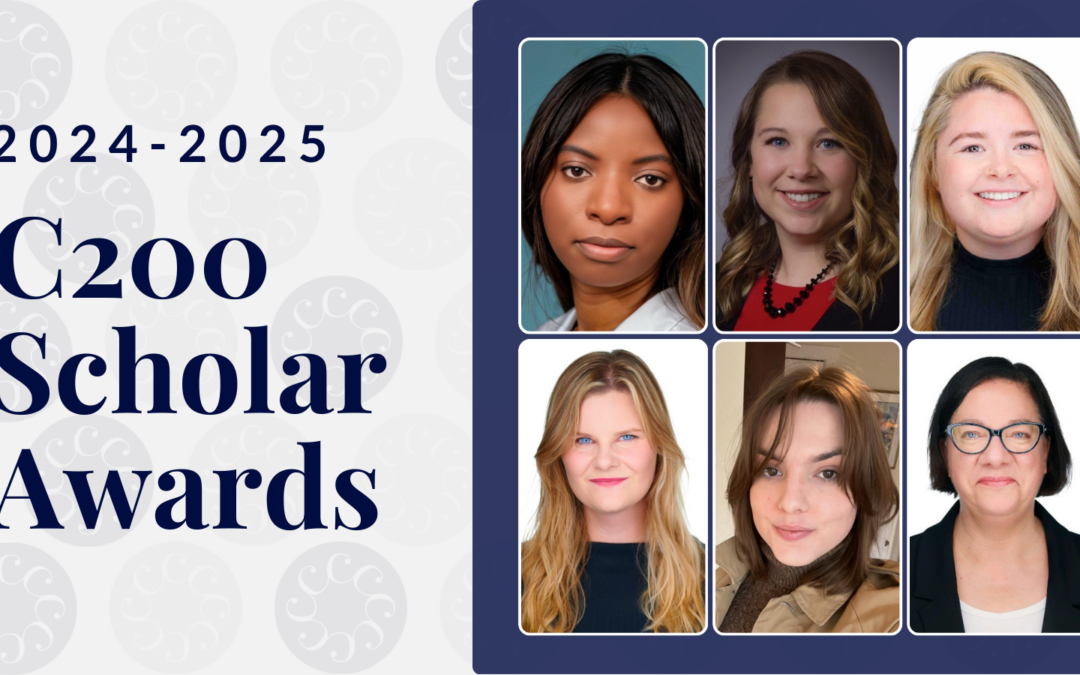
by Eva Glassman | Feb 20, 2025 | Blog, Featured
The C200 Scholar Awards recognize outstanding women business students—both undergraduate and graduate—who demonstrate exceptional leadership potential, an entrepreneurial mindset, and a strong commitment to advancing women. Scholars are selected through a rigorous evaluation process that assesses their leadership experience, professional achievements, and dedication to creating meaningful impact in their communities and industries.
Beyond receiving a financial award toward their education, recipients gain unparalleled access to C200’s powerful network of accomplished women leaders. Through mentorship, professional development, and exclusive networking opportunities, scholars connect with executives and entrepreneurs who provide guidance, industry insights, and career support. By becoming part of this influential community, awardees not only receive financial backing but also join a lifelong network committed to fostering success, breaking barriers, and empowering future generations of women leaders.
Join us in congratulating this year’s six talented Scholar Awardees!
Kimberly Olson
Global Sustainability Marketing Communications Manager for Polyurethanes and Industrial Solutions at Dow
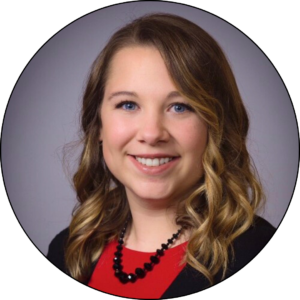 Kimberly Olson is a current Baumhart Scholar and John Edelman Scholar with Loyola University Chicago’s Baumhart Center for Social Enterprise & Responsibility, pursuing a Master of Business Administration degree at Loyola’s Quinlan School of Business and a graduate certificate in Sustainability Assessment and Planning with Loyola’s School of Environmental Sustainability.
Kimberly Olson is a current Baumhart Scholar and John Edelman Scholar with Loyola University Chicago’s Baumhart Center for Social Enterprise & Responsibility, pursuing a Master of Business Administration degree at Loyola’s Quinlan School of Business and a graduate certificate in Sustainability Assessment and Planning with Loyola’s School of Environmental Sustainability.
Kim is the Global Sustainability Marketing Communications Manager for Polyurethanes and Industrial Solutions at Dow, one of the world’s leading materials science companies, serving customers in high-growth markets and operating manufacturing sites in over 30 countries. Kim is responsible for shaping the businesses’ reputation during a pivotal industry transformation and promoting solutions to deliver a sustainable future through materials science innovation and value chain collaboration.
Prior to her current role, Kim managed global and sustainability communications for Dow’s $1 billion Construction Chemicals portfolio. Previously, she served as a member of Dow’s Global Office of Inclusion and HR communications team, contributing to the company’s transformative diversity, inclusion and equity strategy as well as the company’s first two ESG progress reports. She began her career on the merger & acquisition communications team, aligned to the DowDuPont transaction.
In 2022, Kim was nominated and selected to participate in the United Nations Global Compact Sustainability Development Goals Innovation Accelerator for Young Professionals where she learned from and worked alongside peers, UN leaders and academic faculty from the Thunderbird School of Global Management at Arizona State University. This intensive nine-month program focused on advancing sustainable business models through innovation and the SDG global framework.
Kim earned a bachelor’s degree in Integrative Public Relations from Central Michigan University in 2017 with minor concentrations in Legal Studies and Leadership as a Leader Advancement Scholar with the Sarah R. Opperman Leadership Institute.
Cait Osei
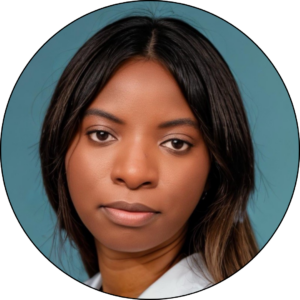 Caitlin Osei is an impact strategist, researcher, and advocate for equitable economic development, committed to leveraging sustainability, business innovation, and community-centered leadership to create meaningful change. With dual MBA and MSc degrees from the Quinlan School of Business and a Baumhart Certificate in ESG, she integrates entrepreneurial thinking with research-driven solutions to address systemic challenges affecting vulnerable populations. She co-founded the Black Business Student Association (BBSA) and co-led the revitalization of Graduate Women in Business (GWIB) at Loyola University, demonstrating her leadership in advancing women and fostering democratic networks. Her research on non-traditional business ecosystems and sustainability initiatives aligns with her long-term goal of blending profit and purpose to create business models that positively shape the triple bottom line.
Caitlin Osei is an impact strategist, researcher, and advocate for equitable economic development, committed to leveraging sustainability, business innovation, and community-centered leadership to create meaningful change. With dual MBA and MSc degrees from the Quinlan School of Business and a Baumhart Certificate in ESG, she integrates entrepreneurial thinking with research-driven solutions to address systemic challenges affecting vulnerable populations. She co-founded the Black Business Student Association (BBSA) and co-led the revitalization of Graduate Women in Business (GWIB) at Loyola University, demonstrating her leadership in advancing women and fostering democratic networks. Her research on non-traditional business ecosystems and sustainability initiatives aligns with her long-term goal of blending profit and purpose to create business models that positively shape the triple bottom line.
Pia Gaver
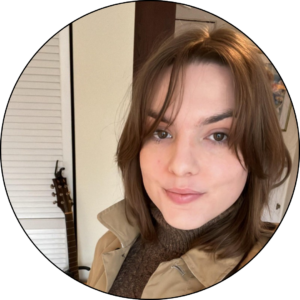 A lifelong advocate for equity in compensation and employee well-being, Pia Gaver is pivoting her career into human resources with a focus on compensation strategy. After nearly a decade in editorial leadership and training, she is now pursuing a Graduate Certificate in Human Resources & Employment Relations at Loyola University Chicago. Pia is passionate about pay equity, living wages, and benefits design that supports employees’ work-life balance and financial security. With a vision of one day working in living wage consulting and HR strategy, she seeks to use her analytical and leadership skills to create fair and inclusive workplaces. Through her work mentoring and developing colleagues, she has championed professional growth and equity within organizations.
A lifelong advocate for equity in compensation and employee well-being, Pia Gaver is pivoting her career into human resources with a focus on compensation strategy. After nearly a decade in editorial leadership and training, she is now pursuing a Graduate Certificate in Human Resources & Employment Relations at Loyola University Chicago. Pia is passionate about pay equity, living wages, and benefits design that supports employees’ work-life balance and financial security. With a vision of one day working in living wage consulting and HR strategy, she seeks to use her analytical and leadership skills to create fair and inclusive workplaces. Through her work mentoring and developing colleagues, she has championed professional growth and equity within organizations.
Natalie Pine
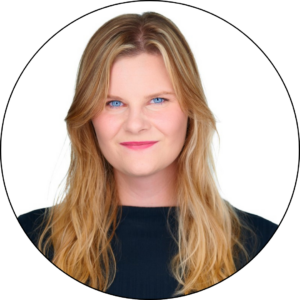 Natalie Pine is a corporate social responsibility and economic development advocate who believes in using business as a force for good. Her passion for rural economic empowerment was shaped by her experiences working in her hometown, where she witnessed firsthand the challenges faced by under-resourced communities. With a background in government leadership and project management, Natalie has driven policy initiatives and executive appointments at the state level, demonstrating her ability to effect meaningful change. Currently pursuing an MBA as a Baumhart Scholar, she aims to develop economic policies that promote sustainable growth and create equitable opportunities for rural communities. Natalie’s leadership extends to mentoring, advocacy, and fostering economic resilience, making her a strong force for innovation and social impact.
Natalie Pine is a corporate social responsibility and economic development advocate who believes in using business as a force for good. Her passion for rural economic empowerment was shaped by her experiences working in her hometown, where she witnessed firsthand the challenges faced by under-resourced communities. With a background in government leadership and project management, Natalie has driven policy initiatives and executive appointments at the state level, demonstrating her ability to effect meaningful change. Currently pursuing an MBA as a Baumhart Scholar, she aims to develop economic policies that promote sustainable growth and create equitable opportunities for rural communities. Natalie’s leadership extends to mentoring, advocacy, and fostering economic resilience, making her a strong force for innovation and social impact.
Kath Sain
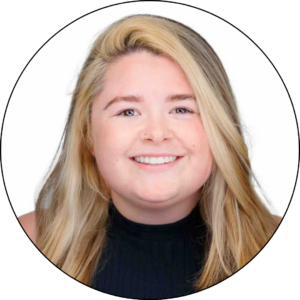 With a deep passion for people-centered leadership and workforce development, Kath Sain aspires to become a Chief People Officer (CPO) in the healthcare sector. As a Baumhart Scholar MBA candidate specializing in Human Resources and Employee Relations, she is committed to fostering inclusive and engaging workplace cultures. Kath serves as an HR Board Member at Monarch Thrift Shop, a women-led social enterprise focused on reducing recidivism and providing job training. She is also exploring entrepreneurship, working with her sister to develop a business that supports individuals struggling with executive functioning. Through her leadership in Graduate Women in Business (GWIB) and dedication to mentorship and advocacy, Kath is committed to creating spaces where individuals—especially women—can thrive both professionally and personally.
With a deep passion for people-centered leadership and workforce development, Kath Sain aspires to become a Chief People Officer (CPO) in the healthcare sector. As a Baumhart Scholar MBA candidate specializing in Human Resources and Employee Relations, she is committed to fostering inclusive and engaging workplace cultures. Kath serves as an HR Board Member at Monarch Thrift Shop, a women-led social enterprise focused on reducing recidivism and providing job training. She is also exploring entrepreneurship, working with her sister to develop a business that supports individuals struggling with executive functioning. Through her leadership in Graduate Women in Business (GWIB) and dedication to mentorship and advocacy, Kath is committed to creating spaces where individuals—especially women—can thrive both professionally and personally.
Susan Plattner
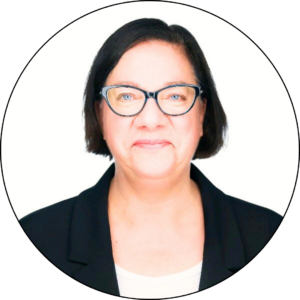 Susan Plattner is a dedicated leader in Diversity, Equity & Inclusion (DEI) and Corporate Social Responsibility, passionate about connecting business strategy to community impact. As the Manager of DEI at Endeavor Health, she drives initiatives that foster inclusive workplaces and create career pathways for underrepresented groups through the ASPIRE Evanston workforce development program. With a commitment to mentoring and leadership coaching, Susan has helped young professionals, particularly women, develop their skills and access career opportunities in healthcare. Her long-term goal is to advance into a Director-level role in DEI, social impact, or workforce development, where she can further shape equitable policies and expand opportunities for community members.
Susan Plattner is a dedicated leader in Diversity, Equity & Inclusion (DEI) and Corporate Social Responsibility, passionate about connecting business strategy to community impact. As the Manager of DEI at Endeavor Health, she drives initiatives that foster inclusive workplaces and create career pathways for underrepresented groups through the ASPIRE Evanston workforce development program. With a commitment to mentoring and leadership coaching, Susan has helped young professionals, particularly women, develop their skills and access career opportunities in healthcare. Her long-term goal is to advance into a Director-level role in DEI, social impact, or workforce development, where she can further shape equitable policies and expand opportunities for community members.
Give a donation to C200 in honor of our Scholar Awardees
Donations from people like you are what give us the ability to celebrate, honor, and elevate talented women like these each and every year through our Scholar Awards.
Small donations add up to big impact. Help us continue advancing the next generation of women business leaders by donating to C200 today.
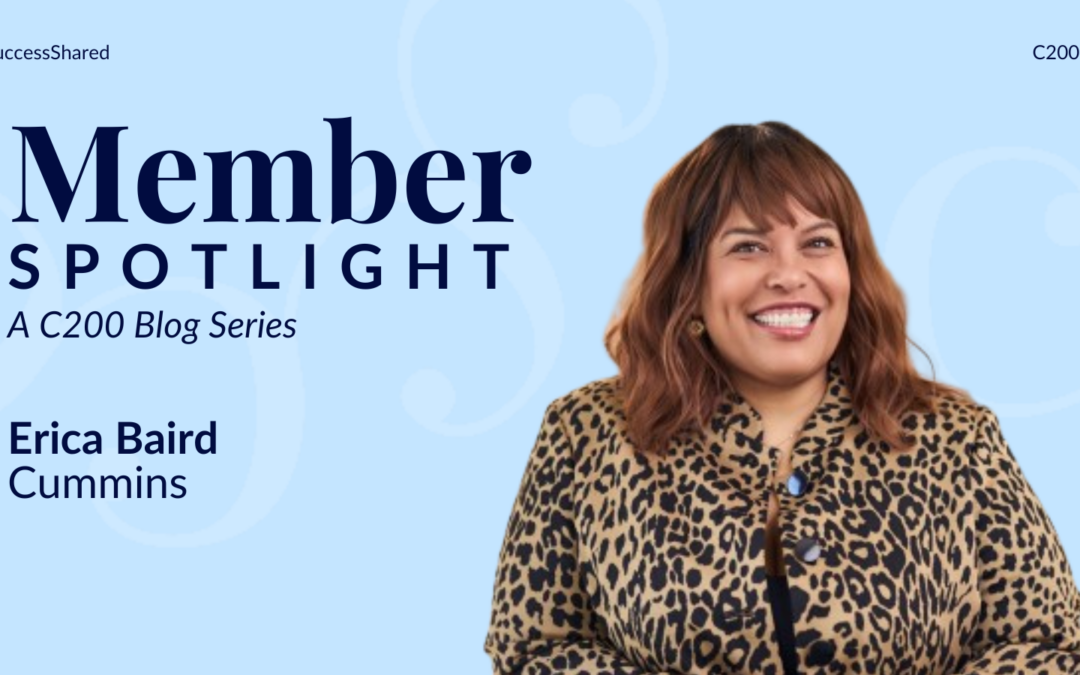
by Eva Glassman | Feb 6, 2025 | Blog, Featured
Erica Baird is the Executive Director of Global Sales and Services at Cummins, a company that designs, manufactures, and distributes engines for a wide variety of machinery that powers the world. Erica is a leader in driving global business transformation, guiding top companies in the highly complex and regulated automotive, construction equipment, and mining industries to strategic functional and operational excellence. She oversees multi-billion-dollar P&Ls, spearheads profitable bottom-line revenue, and ensures value-added governance. Erica is a strong advocate for women in her company, dedicated to calling out biases and microaggressions that hinder women’s career advancement. Outside of work, Erica is a foster mom and loves to write and perform poetry. Erica has been a C200 Member since 2024.
Eva Glassman: Tell me about your role at Cummins.
Erica Baird: As the Executive Director of Global Sales and Services at Cummins, a $48B company that builds engines for a variety of industries, I lead the centralized, global center of excellence that supports Cummins’ growth, profitability, and distribution operational excellence. My team partners across the business to drive excellence in the areas of aftermarket engineering, support, sales and service capabilities, business processes, and strategic company-wide sales and service initiatives.
EG: What do you love the most about your job?
EB: I love knowing that Cummins powers so many machines that make the world go round—Navy vessels, power generators at hospitals, tugboats that deliver gas to gas stations. There is undeniable pride in knowing my team truly makes an impact in “everyday” people’s lives.
I’m also the executive sponsor for the Cummins Black Network and the National Society of Black Engineers. I love opening doors for women, African Americans, and for all people to have a seat at the table. Everyone has a voice at Cummins. I am proud that my company built its legacy of leading the charge in this space, dating back to our CEO, J. Irwin Miller, working with Martin Luther King to organize the March on Washington.
And I’m energized to see so many women in power at Cummins. My CEO, Jen Rumsey, is considered the most powerful woman in the industrial industry. My boss is also a remarkable woman. That is three women at the top of the command chain. It is unprecedented. Transparently, I never thought I’d see this in my lifetime.
EG: When you reflect on growing up and the early days of your career, did you think you would land in this type of transformation role? Tell me a bit more about your career journey.
EB: My mother always wanted to be an engineer. She was my idol; so, I was determined to be an engineer! Engineering opened the door for me to work in technical sales. From there, I have worked in manufacturing operations, dealer operations, functions, and managed multibillion dollar P&Ls.
I am very process oriented. I’m energized by solving problems and driving global business transformation. Driving business results and directly affecting the company’s growth and customer experience drives me. It’s energizing, challenging, and fun!
I work best when challenged with big strategic, complex goals—goals that require changes in thinking, in collaborating, in doing. For example, as Cummins moves towards its zero emissions goals, my team and I are looking at what the company will need to win when we get there. We’re evaluating it all, from what skills we will need, to how we work, how we take care of our customers, how we look at future business opportunities. And, ultimately, how we’ll drive a world-class customer experience.
EG: What is your hope for the next generation of women leaders?
EB: While we see an increase in women and minorities in the C-Suite and boardrooms, we still need more.
It was HARD climbing the corporate ladder in my career—but I am kicking that ladder down to build elevators. No woman or minority should have to go through what I went through to get to where I am today. It is not a glass ceiling for Black women; it is concrete. I can still name every single person who got out a jackhammer and drilled through that concrete with me and for me.
My way of saying “Thank you” is being successful and producing results in every role and then doing for others what people have done for me. There is not a person breathing who got to where they are by themselves. I live and breathe helping others succeed. I joined C200 because it is a group of influential women who are doing the same.
EG: Reflecting on your career, what support did you have along the way to help propel you to success?
EB: When I was first starting out, all my mentors and sponsors were men— and very few of them were Black. However, all these men saw that I had potential, and they believed in change.
Women mentors crossed my path later into my career. For example, part of the reason I’m at Cummins is because of a woman mentor. We worked together at another company, and I followed her to Cummins.
What I appreciate most about all my mentors is the honest feedback they gave me, so I could continue to hone my skills and grow within the company. They also looked out for me when I was not in the room. They moved barriers. They guided me so I could do my part, and when I had done everything in my power to achieve everything I could possibly achieve, they used their collateral and did what only they could do.
EG: What can be done to support women at work?
EB: I was a single mom for many years coming up through the ranks. Because I know what it’s like, I have helped remove barriers for women and men in similar situations. In my own career, I wasn’t offered certain opportunities because of a set of false assumptions about me, so today I am very intentional about calling out microaggressions against women. I talk to the women on my team to ensure they’re being treated fairly. I try to know their stories, so that if I’m in the room and someone misrepresents their truth, I speak up. I am a proud Black woman. I earned my seat at the table. So, when I’m at the table, I’m not silent. I am what I needed.
EG: Outside of work, how do you spend your time?
EB: I love open mic poetry. Growing up, as a Black woman in a man’s industry (I have been the first Black woman in every role I have taken), I felt so much pressure to perform and achieve. If I failed, I felt I would be failing for all women or Blacks. The weight of that load was immense, and writing became a very healing space for me.
I often speak on leadership, global business transformation, talent development, helping women break through barriers. There’s nothing I enjoy more than pouring my insights and wisdom back into people and watching them shine.
Something about me you probably didn’t know is that I’ve raised over 20 children. As a foster mom, I specialized in teenage girls of severe sexual abuse. I have a big heart for abused girls and abandoned boys.
I am involved in my church. I volunteer there and at the homeless shelter with my husband. I will never forget growing up poor and the people who cared for me. Paying it forward is my way of honoring God and those who were there for me.
EG: What advice can you share for aspiring leaders?
EB: Find your people. We all need people who will tell us the truth and support us. Sometimes, as women, we can let imposter syndrome and others’ bias change us. I remember once receiving feedback from a man that I was too direct. I challenged him and said, “I noticed that “John” is direct, “Tom” is direct, and you are direct. I have never heard this mentioned about any of you, so help me understand—is the problem directness or is the problem directness from a woman? Because that is a different conversation”. He paused, and said, “You’re absolutely right. I have unconscious bias.” He appreciated my pushback and became an advocate for me and other women going forward. A little courage turned a blind spot into a bright spot.
Also, you will need different mentors at different times in your career. I didn’t have P&L responsibilities when I first became a GM. When I started managing P&Ls, I went to one of my peers in finance for coaching and class recommendations to develop the skills I needed.
And never stop learning. If I hear my boss, my CEO, or anyone I admire is reading a book, I’ll read the book. It’s important to continue to learn and grow.
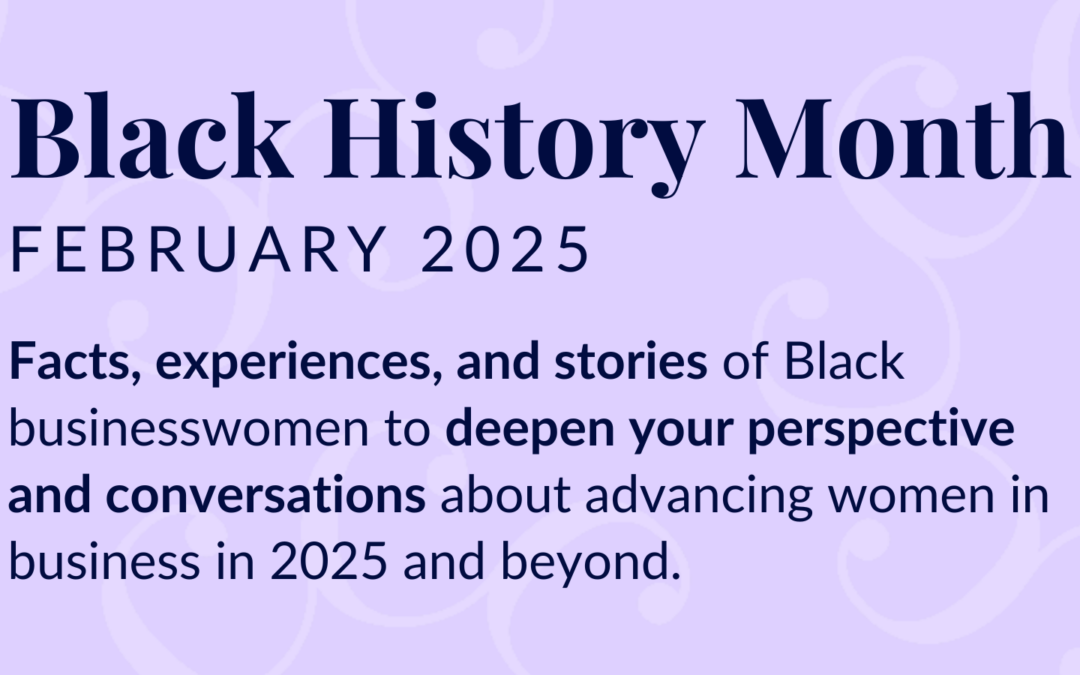
by Eva Glassman | Feb 1, 2025 | Blog, Featured
C200 is committed to taking action to address the long-standing racial inequality in the business world, which affects businesswomen of color the most. The lack of women, especially women of color, in positions of profit and loss (P&L) leadership roles in business is a product of systemic and institutional bias and exclusion. For any odds that women in business have against them, they are exponentially true for women of color—particularly Black women.
C200 empowers all women in business to connect and find community in order to advance each other both personally and professionally. We believe that the exchange and sharing of knowledge in community is a powerful tool to fight inequity in the business landscape, which is why we use our platforms to share the facts, experiences, and authentic stories of all businesswomen, sparking important conversations about what it truly means to advance women in business.
When it comes to ensuring that women, especially Black women, have an equal opportunity to achieve professional success, we know that C200’s unique resources and spaces are just one part of a bigger solution. It will take all of us to bring about real progress for women in business, and we must advance all women in that effort. Every businesswoman’s struggle for equality, success, and respect in the workplace—although each personal and unique—is connected.
In honor of 2025’s Black History Month, this blog post focuses in on the unique experiences of Black women in business, at all stages of career. Below, please find a non-exhaustive list of recent studies, reports, and articles about women entrepreneurs and corporate executives in the workplace, particularly Black women.
These resources have helped us gain deeper insights into what we already know about the experiences of women in the workplace, but again, this is by no means a complete list or understanding. We encourage all to share what they know with others so that we may all grow our perspectives and invite deeper conversations about these important issues.

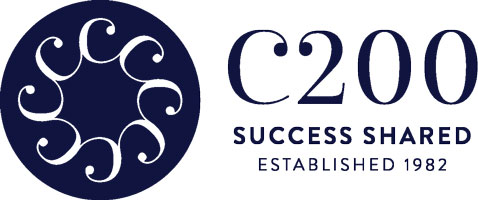



 A lifelong advocate for equity in compensation and employee well-being,
A lifelong advocate for equity in compensation and employee well-being, 
 With a deep passion for people-centered leadership and workforce development,
With a deep passion for people-centered leadership and workforce development, 

